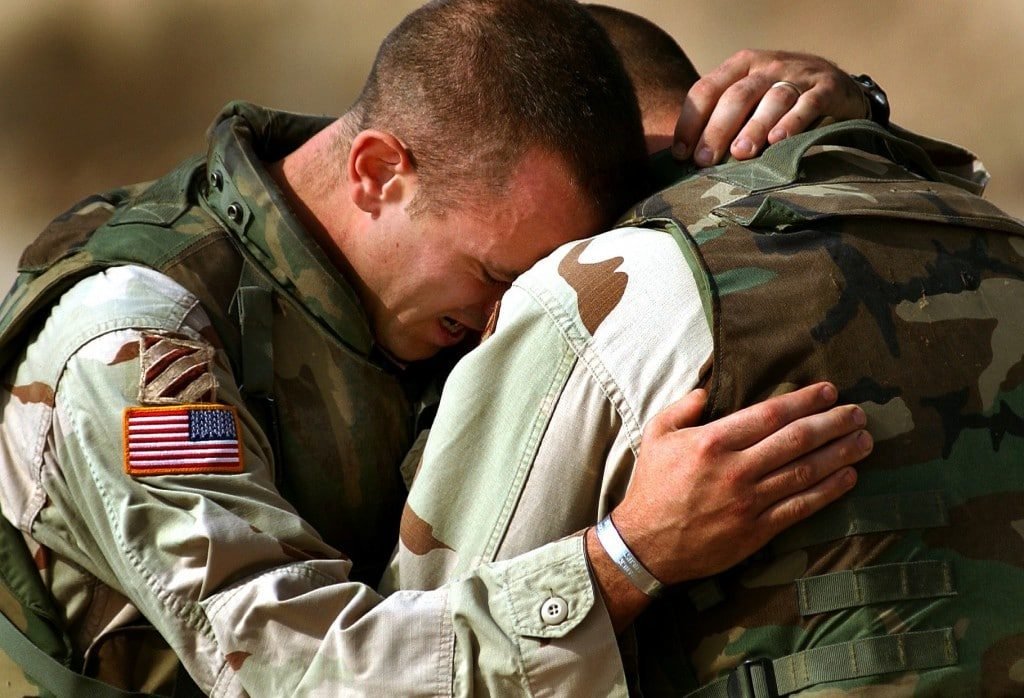
MORAL INJURY
Sergeant Jones left Afghanistan in 2014, got married, and had children while building a successful career. Even though he appeared happy, memories of fear and shame from combat resurfaced after ten years. He struggled silently, too afraid to share his battles with friends from deployment, believing he was a "monster" and fearing judgment. His wife couldn't understand his experiences, leaving him feeling ashamed, confused, and isolated. For the first time, he was unsure of what was wrong or how to seek help. After speaking with another veteran facing PTSD and Moral Injury and starting therapy, he recognized the importance of reaching out for support.
What is Moral Injury?
Moral Injury refers to the harm done to a person's mental, emotional, and spiritual well-being when they either commit, witness, or fail to stop actions that go against their moral beliefs. This is often seen in military, law enforcement, first responders, and medical personnel, but it can affect anyone. In crisis situations, individuals may feel stuck or unable to respond due to fear, leading to a sense of moral conflict or helplessness regarding the trauma. Key emotions related to Moral Injury include guilt, shame, unresolved grief, and difficulty in forgiving oneself. Additionally, one's beliefs about the world being safe and people being good can be deeply shaken. These feelings and thoughts from personal trauma can sometimes be misdiagnosed as post-traumatic stress disorder or other conditions.
Who Can Receive a Moral Injury?
Military personnel
First Responders: Law Enforcement, Firefighters, EMT’s, Chaplains
Correction Officers
Medical doctors and other medical personnel
Counselors
Pastors and other religious leaders
Accidental death, i.e. car accidents leading to another’s death
Those struggling with an addiction
Survivor’s guilt and Institutional betrayal may also stem from moral injury, which can negatively impact individuals, families, and organizations.
How to Address Moral Injury
Healing moral injury may need various treatment methods, some of which take longer. Current PTSD treatments can help but often only reduce symptoms temporarily. These treatments may sometimes be harmful and invalidating. Addressing moral injury requires a careful and patient “inside-out” approach by the therapist. Group therapy is the preferred method, but a mix of individual and group therapy works best. If you or someone you know may be suffering with moral injury as a result of specific trauma please reach out to me today.
